9 Simple Hacks to Creating a Less Wasteful House
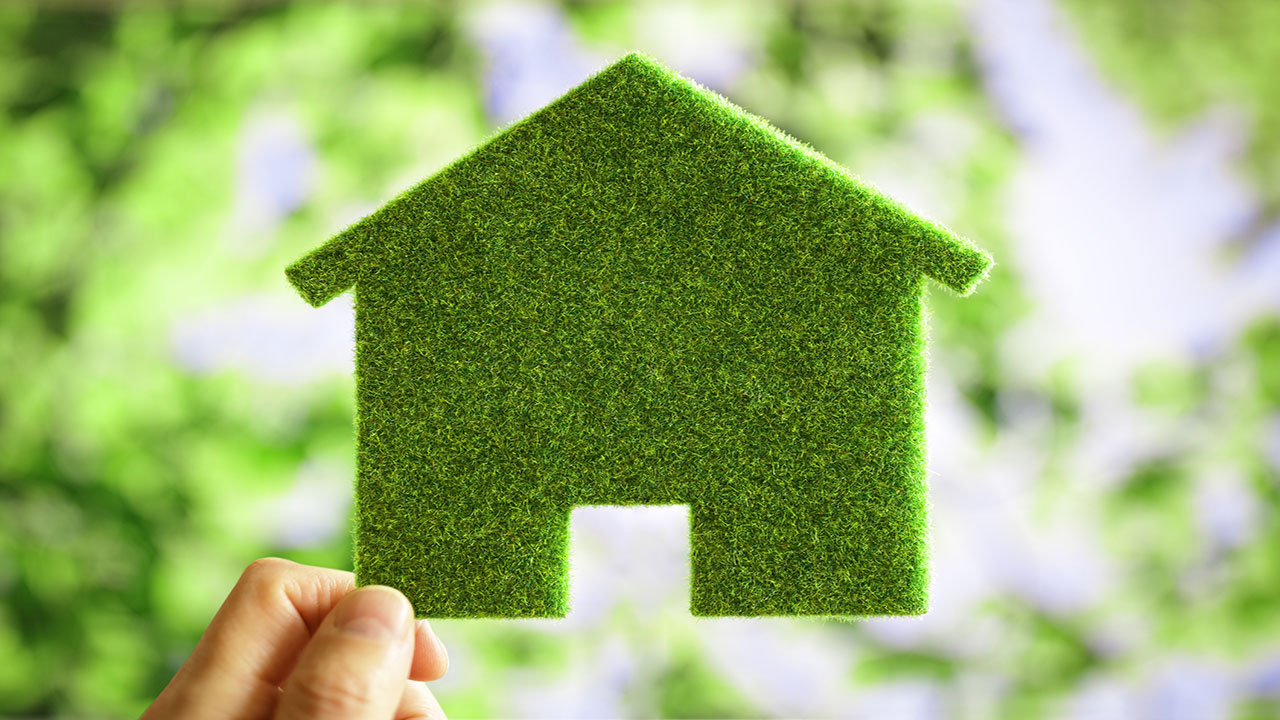
You’d be amazed – or even disappointed – at how much waste your home might be responsible for creating. In fact, the average American produces about 4.4. pounds of garbage every single day, which amounts to over 700,000 tons of trash produced daily based on the national population.
Thankfully, many Americans are realizing the errors of their ways and the impact that all this wasteful trash is having on the planet and are taking measures to do something about it. In addition to all the garbage the average American creates every day, they’re also recycling about 1.5 pounds of trash daily.
Recycling is certainly a highly effective way to cut down on household trash, but there are plenty of other ways to create a less wasteful home.
1. Forego Plastic Bags
Perhaps one of the easiest ways to cut down on the amount of waste produced is to start using reusable cloth bags instead of the typical plastic grocery bag. Instead of relying on the bags that the average store provides to carry the goods you purchase, bring your own. More and more stores are encouraging shoppers to do so by actually charging a nominal fee per plastic bag.
All you need to do is store your reusable bags in your car and take them with you every time you hit the shops. They’re even larger and stronger, and therefore better able to carry all those heavy groceries without the risk of them giving out like those thin plastic supermarket bags have been known to do.
2. Start Composting
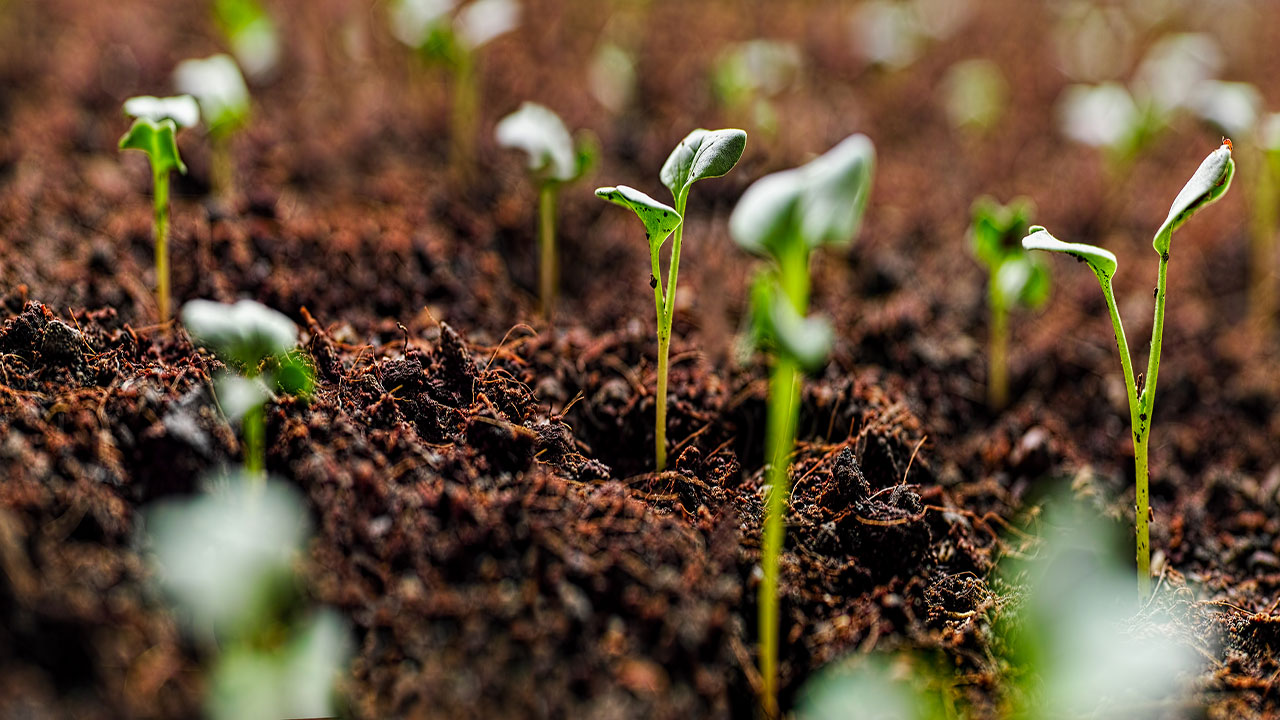
If you don’t already have your own little vegetable or herb garden, now, is a great time to start. It doesn’t have to be huge, so if your outdoor space doesn’t permit, you can always have a few planters with your favorite veggie plants. To really make your vegetables do well, good soil is key, and you can easily enrich the soil with the addition of some of your household organic waste.
To create healthy soil for your vegetable garden and cut down on kitchen waste at the same time, start composting. Keep a separate container under the sink that’s meant only for specific types of organic waste, including coffee grinds, egg shells, vegetable peels, and others to create a compost that can be regularly added to your vegetable garden soil.
3. Use Reusable Containers
Forget the plastic Ziploc baggies that are typically used to transport lunches and snacks. Instead, start using reusable containers for your lunch and that of your kids. Better yet, consider investing in glass or stainless steel containers, as these are healthier and won’t emit any chemicals as plastic may do as it starts to break down over time.
Even the food in your pantry should be stored in reusable containers, such as your cereals, pasta, rice, cookies, and so forth. Consider buying in bulk so that the wasteful packaging can be effectively reduced.
4. Ditch the Disposable Plates, Cups, and Cutlery
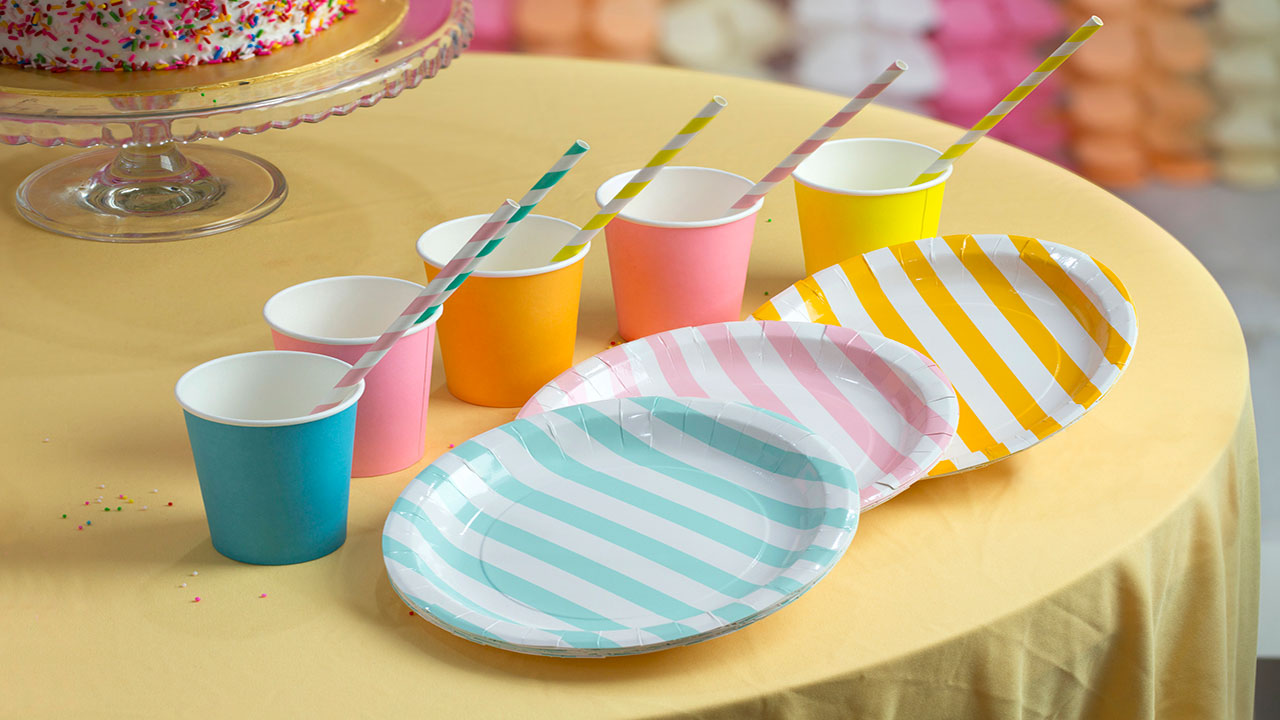
You might be sick of doing dishes every night, but switching to paper plates and plastic cutlery will just add to the mounting landfill full of non-decomposing substances. Saving time at the sink isn’t worth the impact that all those disposable dishes can have on the environment, so if you’re looking to create a less wasteful home, forget about the paper and plastic and spend a few minutes washing traditional dishware.
5. Switch to Cloth Napkins
Like the paper plates, paper napkins are also wasteful. After one use, they’re garbage. However, switching to something as simple as cloth napkins can help you effectively slash your trash while prettying up your table decor.
6. Unplug
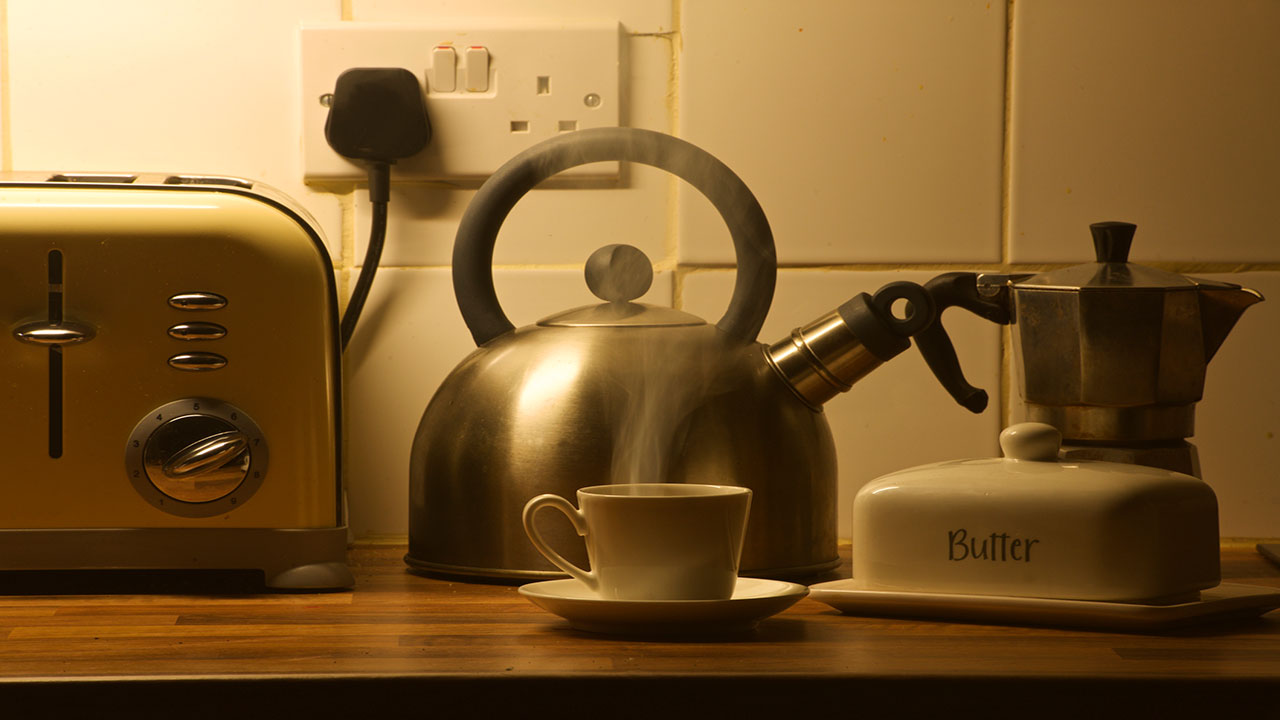
It’s customary for people to leave their coffee makers, toasters, blenders, and other small appliances plugged in 24/7, but why? Unless they’re being used at the moment, there’s really no need to have them plugged in. They’re not being charged like your laptop or smartphone.
Instead, they’re just continuing to draw energy. In fact, the average household uses as much as 10% of energy use from plugged-in appliances that sit idle. Not only can you reduce this wasted energy, you can also save a few bucks on your utility bill just from the simple act of unplugging.
7. Stop Using Plastic Water Bottles
Water bottles are a massive waste of plastic. Instead, get yourself a durable water bottle to use to take your drinks with you wherever you go.
8. Use Old Clothes For Cleaning Rags
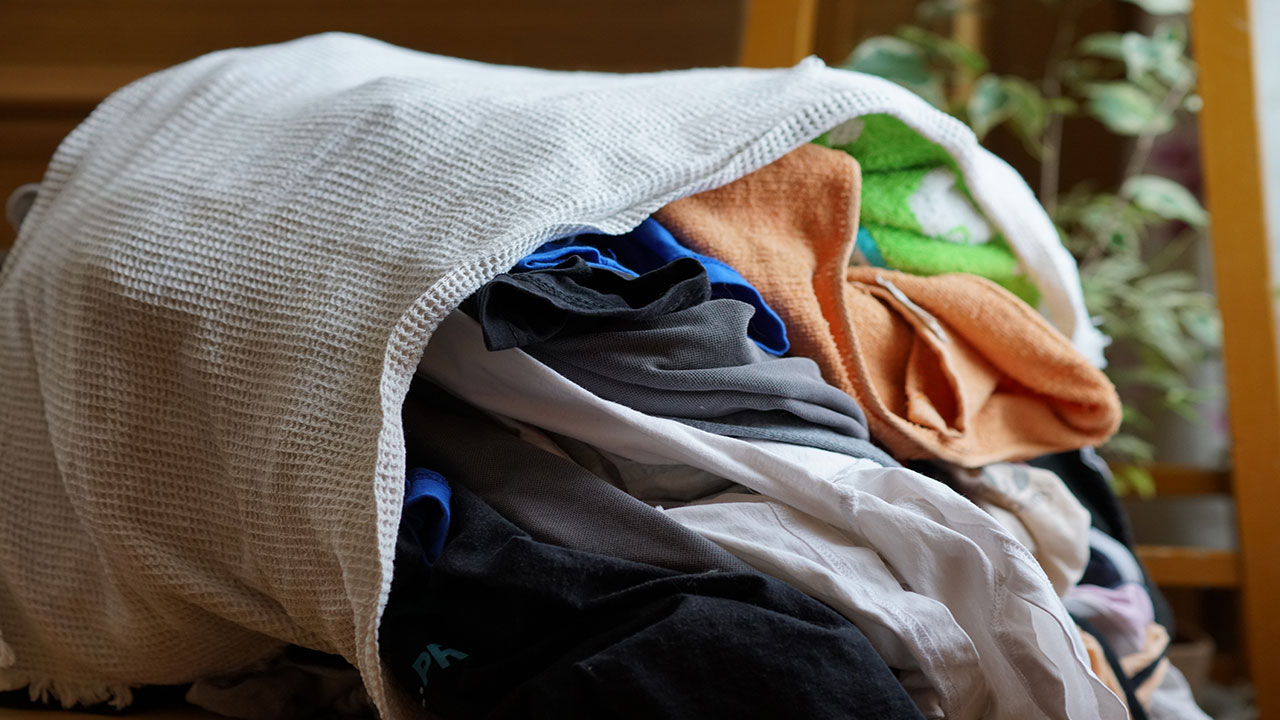
Rather than using paper towels to clean and polish, consider using old clothing as rags to clean your home.
9. Cancel All Junk Mail
Like most other households, your mailbox is probably inundated with all sorts of mail, most of which you probably throw out without even looking at it. All that junk mail that’s being tossed in the trash is very wasteful. To cut down, consider calling each of the places that are sending all those flyers and brochures that you don’t need. While this will certainly take some time and can be a bit of a nuisance, it will save on all the clutter and garbage that will just end up filling your trash cans.
The Bottom Line
When it comes to taking care of the earth and being less wasteful, there are always little things that can be done. Adopting a few effective habits can help you create a less wasteful home. All it takes is a handful of changes to make a big difference in your waste production.
